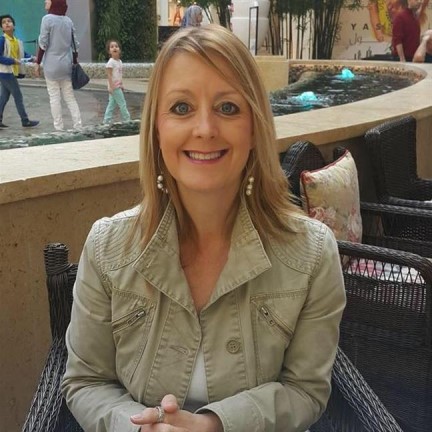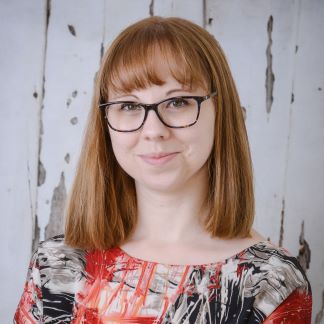Bio: Tracey Warren is currently a postdoctoral research associate on an ESRC funded project within the Developmental Intergroup Processes (DIP) Lab (CLES) until the end […]
Month: May 2022
A toolbox for overcoming challenges and finding your way out of a rut
Kelly Louise Preece is the Researcher Development Manager for PGRs and the Research and EDI Manager. You’ll recognise her face from workshops, her voice from […]


